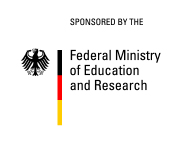GORmin - Governance Options for acceptable primary and secondary Scarce-Resource mining in Germany
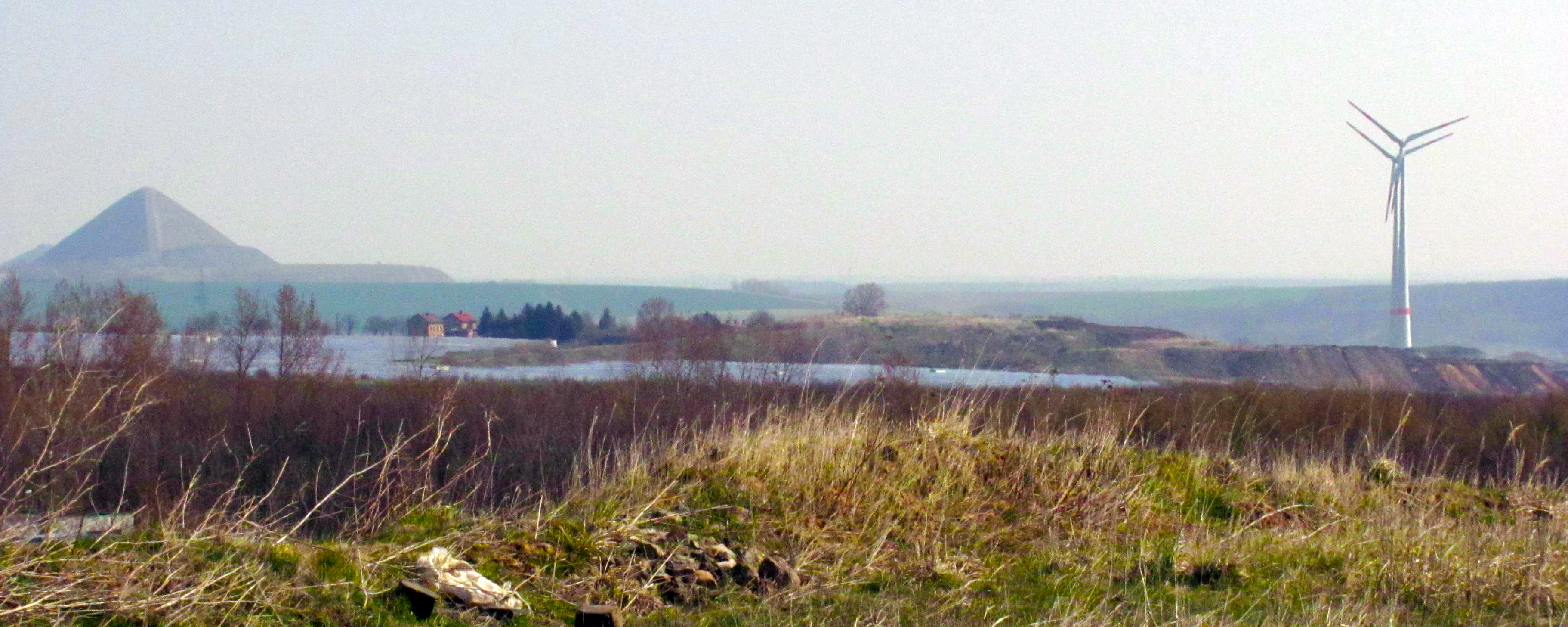
News
New Publications:
Bleicher, Alena & Pehlken, Alexandra 2020: The Material Basis of Energy Transitions. Elsevier.
The book explores the intersection between critical raw material provision and the energy system and
- Provides a comprehensive overview of key issues related to the nexus between renewable energy and critical raw materials.
- Explores interdisciplinary perspectives from the natural sciences, engineering, and social sciences.
- Discusses critical strategies to address the nexus from a practitioner’s perspective.
Chapters draw on examples and case studies involving energy technologies (e.g., electric power, transport) and raw material provision (e.g., mining, recycling) and consider these in their regional and global contexts.
The book critically discusses issues such as
- The notion of criticality.
- Resource nationalism and repatriating mining in the context of renewable energies.
- Interdependency of resource imaginaries and energy scenarios.
- Mining conflicts.
- Certification schemes for raw materials.
- The role of consumers.
- Environmental impacts of mining critical resources.
- Approaches for estimating the need for raw materials e.g. in LCA approaches.
Each chapter deals with a specific issue that characterizes the interdependency between critical raw materials and renewable energies by examining case studies from a particular conceptual perspective. Authors draw on case studies from African countries, USA, China and Europe.
The Material Basis of Energy Transitions is a resource for students and researchers from social scientific disciplines, natural sciences, engineering studies, and interdisciplinary scholars interested in the field of renewable energies, the circular economy, recycling, transport, and mining. The book is also of interest to policymakers in the fields of renewable energy, recycling, and mining, professionals from the energy and resource industries.
Bleicher, A., David, M., Rutjes, H. (2019): When environmental legacy becomes a resource: On the making of secondary resources. Geoforum 101, 18-27.
David, M, Rutjes, H., Bleicher, A. (2019): The relational sociology of eco-innovation, Revista Española de Sociología 28 (3), 53-70.
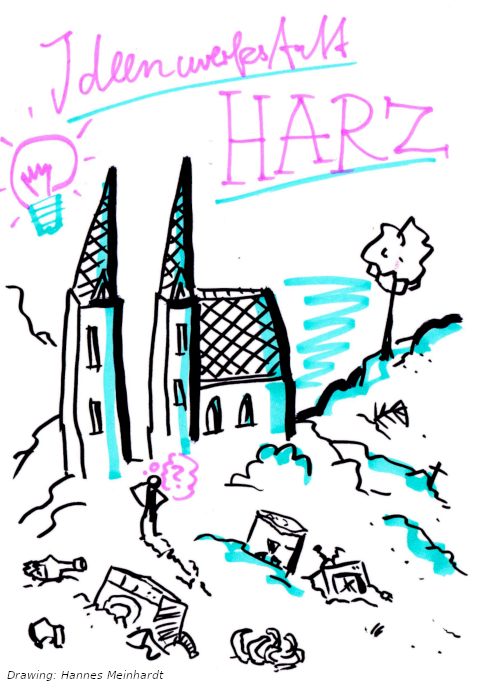
Within this scenario workshop actors from the Harz region discussed their ideas, visions, and opinions about the future development of the Harz region and, more specifically the idea to establish the Recycling Region Harz. In 2016 universities of the region gave birth to the idea to transform the Harz into Germany’s flagship region of recycling and initiated the Recycling Region Harz.
With this scenario workshop the GORmin-team tested one of its governance instruments.
Teaching Module: Controversy and responsibility in technology development and application, winter term 2019/20, Clausthal University of Technology, Germany
In a series of seminars students from natural sciences and engineering studies are familiarized with social scientific perspectives on and technology development and governance. The topics discussed in the seminaries are relevant for future research or future professional life of the students.
The module has been developed by the GORmin team as example of one of the governance instruments.
Policy Brief
The Policy Brief gives an overview over the governance instruments developed by the GORmin research group. These instruments aim on supporting scientists, scientific institutions, research and development networks, and political and idustrial actors to organize technology development for resource extraction in a more responsible way.
Download the Policy Brief here (in German only): Policy Brief
A more detailed description can be found in the accompanying document (in German only):
accompanying document
GORmin's 2019 conferences
A. Bleicher, M. David, H. Rutjes: The freedom to choose between regimes of valuation – does it exist?
A. Bleicher, A. Augusiak, L. Batet, M. Durdovic, M. Galik, M. Martell, J. Mlynar, P.Stankiewicz, T. Vinken: Integrating Social Sciences and Humanities into Teaching about Energy
International Sustainability Transitions Conference, June 23 - June 26, 2019, Ottawa
M. David, H. Rutjes, A. Bleicher: “Imagine, there’s recycling” – How local sociotechnical imaginaries on resource provision shape transitions of the resource regime
M. David, H. Rutjes, A. Bleicher: Resource Extraction in Germany–Survival of Which Technological Future?
M.Groß, M.David: Exnovation,Innovation, and Surprises in the German Energy Transition: What role for Real-world Experiments?
H. Rutjes, M. David, A. Bleicher: Boundary Relations in the Field of Technology Development
A. Bleicher, M. David, H. Rutjes: When environmental legacy becomes a resource: On the entanglement of valorization and knowledge practices
5th Meggen Raw Material Days, September 11 -13, 2019, Lennestadt-Meggen
A. Bleicher: Geo-ethics and Social Responsibility in Geoscience
About GORmin
The research group is funded by the German Federal Ministry for Education and Research (BMBF) under the funding scheme "r4-Innovative technologies for resource efficiency - Research on provision of scarce resources".
The research of the research group aims to identify socio-cultural factors of designing innovative technologies for the exploitation of scarce resources from primary and secondary deposits. Sociotechnical controversies and conflicts will be identified and analysed in order to develop governance options for the sociotechnical system. The project starts with an analysis of social structures (actors and decision making structures) and cultural patterns and framings of the exploitation of scarce-resources. Potential mining activities will be categorized as regards the deposit and the technology that will be used for exploitation as well as regional structures.
Based on these analyses potentials and conflicts of implementing innovative resource technologies will be identified and evaluated as regards their influence on mining for scarce resources in Germany. Afterwards governance options for sustainable and acceptable mining and technology application will be developed based on a case study approach. Thereby we will rely on social science research on participative and sustainable technology development (e.g. designs of real world experimentation or responsible innovation).
Within the last two years of the project up to two of these governance options will be realized.
The research process will be designed by the researchers of the research group, however central aspects, such as the identification of sociotechnical controversies and conflicts, or the development of governance designs will be discussed with none-scientific actors from relevant fields of society (transdisciplinary research).
Research will be carried out in close cooperation with other projects funded in the r4-programm, especially the project "Theisenschlamm" .
The research contributes to the IP EnergyLandUse.
Team
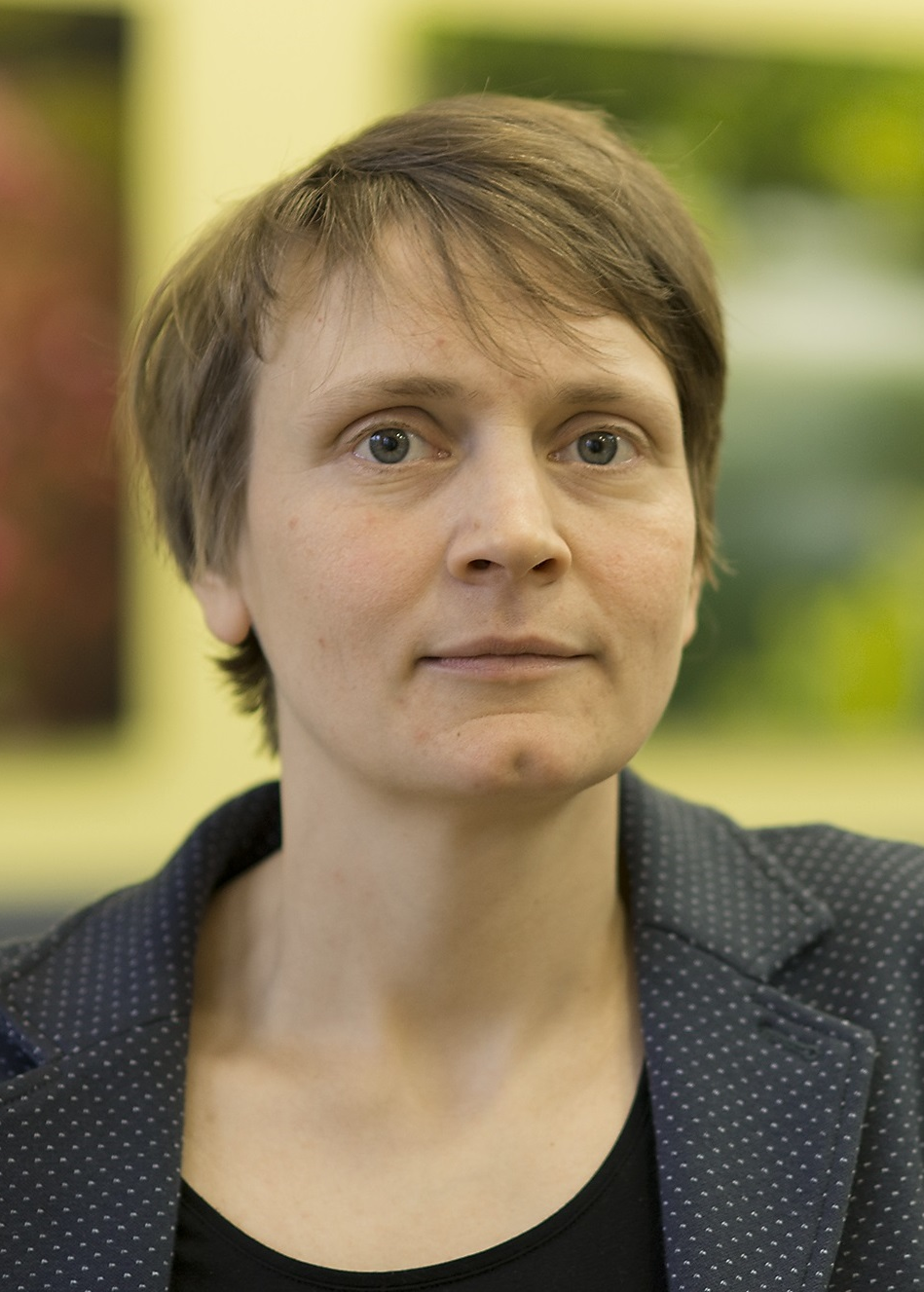 Dr. Alena Bleicher
Dr. Alena Bleicher
|
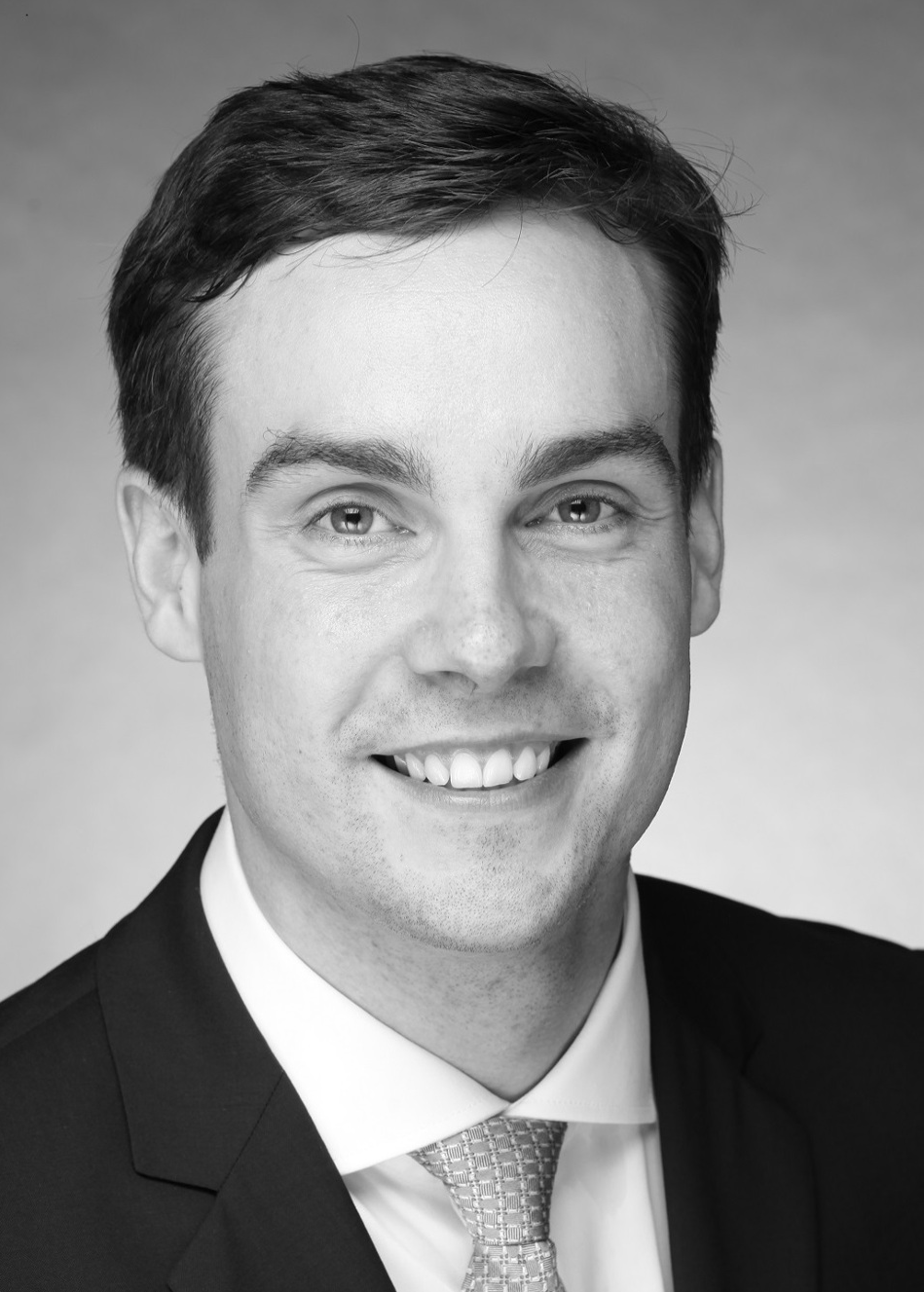 Dr. Martin David
Dr. Martin David |
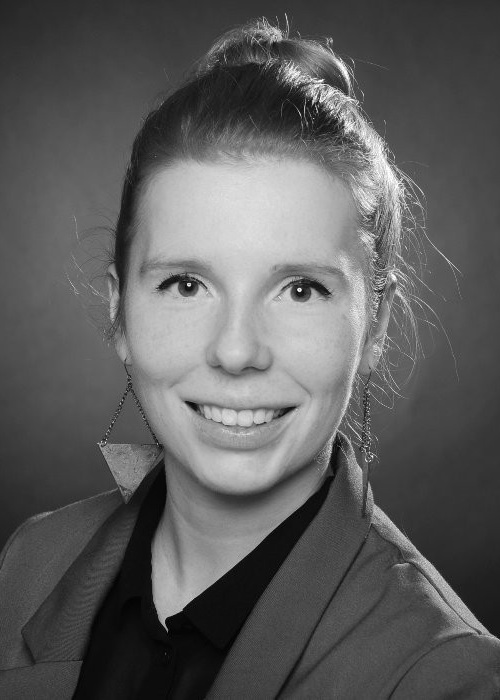 Henriette Rutjes
Henriette Rutjes
|
Dr. Alena Bleicher
Sociologist and geographer, research areas: environmental sociology, dealing with nonknowledge, participative technology development
Dr. Martin David
Political scientist and sociologist, research areas: technology governance, sustainability transition, knowledge management and knowledge governance
Henriette Rutjes
Social Scientist, research areas: sociology of knowledge approach to discourse, societal (non)perception
Former team members
Robin Siebert
Master student sociology
Title of the Master thesis: "Rinderkacke statt Kupferschlacke“ - Kontroverse um eine innovative Rohstoffgewinnungstechnologie - Eine Rahmenanalyse.
PhD Student Magdalena Wallkamm
Political scientist and sociologist, research area: environmental sociology
Publications
David, M., Schönborn, S., Bleicher A. (2019): Wie partizipativ sind Bottom-up-Transformationen? In: Kamlage, H., Engler, S. (Hsg.): Dezentral, partizipativ und kommunkativ - Zukunft der Energiewende, Traugott Bautz, p. 177–204.
David, M., Rutjes, H., Bleicher, A. (2019): The relational sociology of eco-innovation, Revista Española de Sociología 28 (3), 53–70.
Wittstock, F., David, M. (2019): Politisierung im Dilemma? Climate Engineering und Kohleausstieg als Prüfstein für Partizipation und Technologieorientierung in der Klimabewegung, Deutsche Gesellschaft für Soziologie, Kongressband 39., Komplexe Dynamiken globaler und lokaler Entwicklungen.
David, M. (2019): Die deutsche Dekarbonisierungsbewegung: Bottom-Up-Exnovation zwischen Post-Politik und Partizipation? In: Radtke, J.; Canzler, W.; Schreurs, M.; Wurster, S. (Eds.): Energiewende in Zeiten des Populismus, Springer VS, pp. 423–442.
David, M., Koch, F. (2019): “Smart is not smart enough!” Anticipating critical raw material use in smart city concepts: the example of smart grids, Sustainability 11, 4422.
David, M.; Gross, M. (2019): Futurizing politics and the sustainability of real-world experiments: What role for innovation and exnovation in the German energy transition? Sustainability Science, online first: doi.org/10.1007/s11625-019-00681-0
Bleicher, A., David, M., Rutjes, H. (2019): When environmental legacy becomes a resource: On the making of secondary resources, Geoforum 101, 18–27.
Bleicher, A. (2018): Das Ende der Abfalleigenschaft - Kulturelle Mechanismen der Reinigung im Recycling. In: Thiel, S.; Thomé-Kozmiensky, E.; Goldmann, D. (Eds.): Recycling und Rohstoffe, Vol. 11, Thomé-Kozmiensky Publishing, pp. 125–134.
David, M. (2018): The role of organized publics in articulating the exnovation of fossil-fuel technologies for intra- and intergenerational energy justice in energy transitions, Applied Energy 228, 339–350.
David, M.; Schönborn, S. (2018): Bottom-Up Energy Transition Narratives: Linking the Global with the Local? A Comparison of Three German Renewable Co-Ops. Sustainability, 10, 924.
David, M. (2018): Exnovation as a successful strategy for energy transitions, in: Davidson, D; Gross, M. (eds.): Oxford Energy and Society Handbook, Oxford University Press, 520–537 (in press).
Meller, C.; Schill, E.; Bremer, J.; Kolditz, O.; Bleicher, A.; Benighaus, C.; Chavot, P., Gross, M.; Pellizzone, A.; Renn, O.; Schilling, F.; Kohl, T. (2018): Acceptability of geothermal installations: A geoethical concept for GeoLaB. Geothermics 73, 133–145, doi: 10.1016/j.geothermics.2017.07.008.
Bleicher, A., David, M., Rutjes, H., Wallkamm, M. (2017): Rohstoffgewinnung und Technologieentwicklung in Deutschland im Wandel : sozialwissenschaftliche Perspektiven, UFZ-Bericht 5/2017, Helmholtz-Zentrum für Umweltforschung - UFZ, Leipzig.
David, M. (2017): Moving beyond the heuristic of creative destruction: Targeting exnovation with policy mixes for energy transitions. Energy Research & Social Science, 33: 138–146.
David, M. (2017): Eine Replik: Wie kann Exnovation politisch gestaltet werden? Ökologisches Wirtschaften, 4: 32.
David, M., Wallkamm, M., Bleicher, A. (2017): Die Rohstoffversorgung für die Energiewende: Nicht nur auf technologische Lösungen setzen! GAIA 26(2): 84–8.
David, M., Wallkamm, M., Bleicher, A. (2017): Resource extraction technologies - is a more responsible path of development possible? Perspectives on Global Development and Technology, 14(4): 367–391.
Bleicher, A., Gross, M. (2016): Geothermal heat pumps and the vagaries of subterranean geology: Energy independence at a household level as a real world experiment, in: Renewable and Sustainable Energy Reviews (64), 279-288.
Bleicher, A. (2016): Technological change in revitalization - phytoremediation and the role of nonknowledge, in: Journal of Environmental Management (184), 78-84.
David, M., Bleicher, A., Wallkamm, M. (2016): Transdisziplinäre Ressourcenforschung – Der Schatz ist noch nicht gehoben, in: Politische Ökologie 34(144): 100-105.
Wallkamm, M., Bleicher, A., David, M. (2016): “Tell me what’s your landfill and I explain your social system” – sociocultural aspects of enhanced landfill mining governance in Germany. Third International Academic Symposium on Enhanced Landfill Mining, 08.-10. February 2016, Lisbon.
Wallkamm, M. (2015): Enhanced Landfill Mining and its Socio-Cultural Context, in: J. Lederer, D. Laner, H. Rechberger, J. Fellner (ed.), International Workshop "Mining the Technosphere - Drivers and Barriers, Challenges and Opportunities", TU Wien: Wien, 155-158.
Bleicher, A.; David, M. (2015): Keine Angst vor der Öffentlichkeit – Beteiligungen im Rahmen der Energie- und Rohstoffgewinnung in Deutschland, in Institut für Markscheidewesen und Geodäsie u.a. (ed.) Tagungsband Bergbau, Energie und Rohstoffe 2015, Nossen: Wagner Digitaldruck, 44–58.
